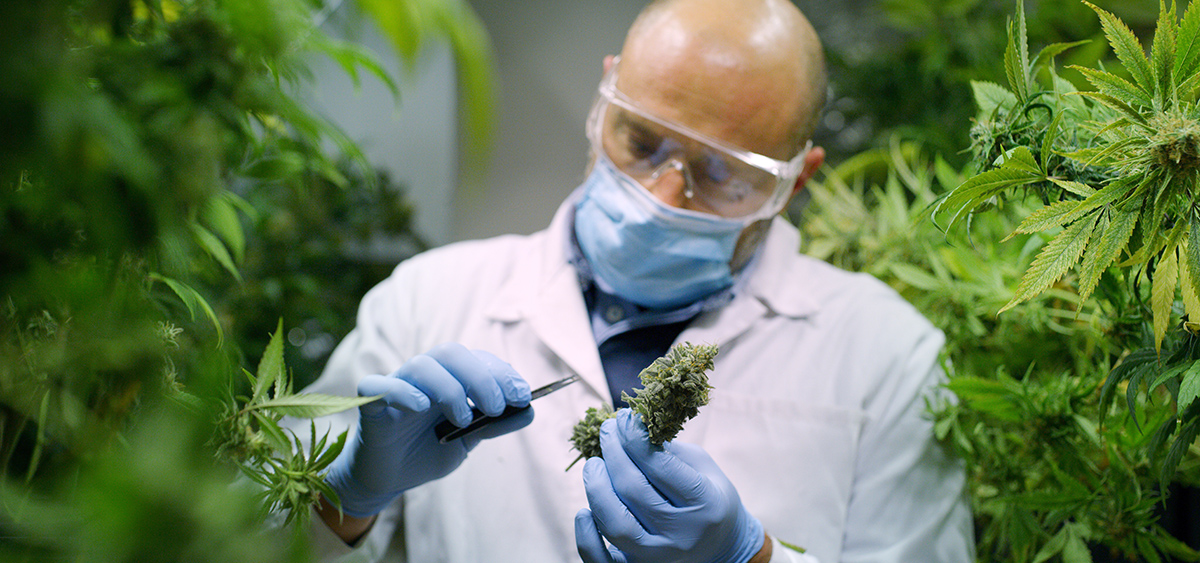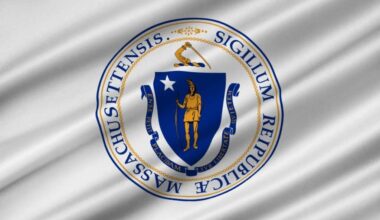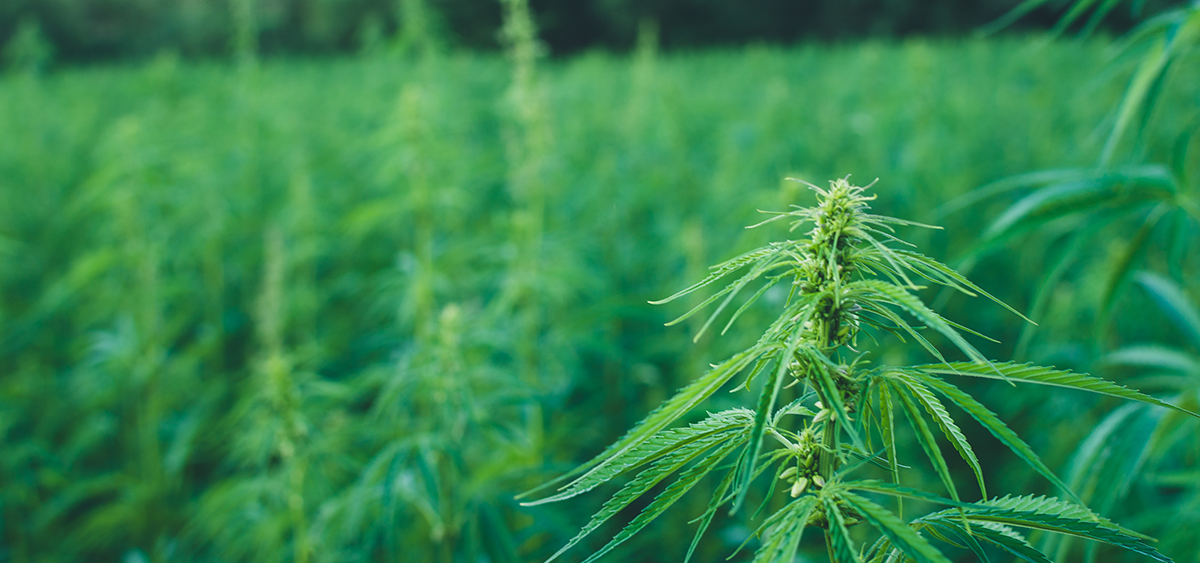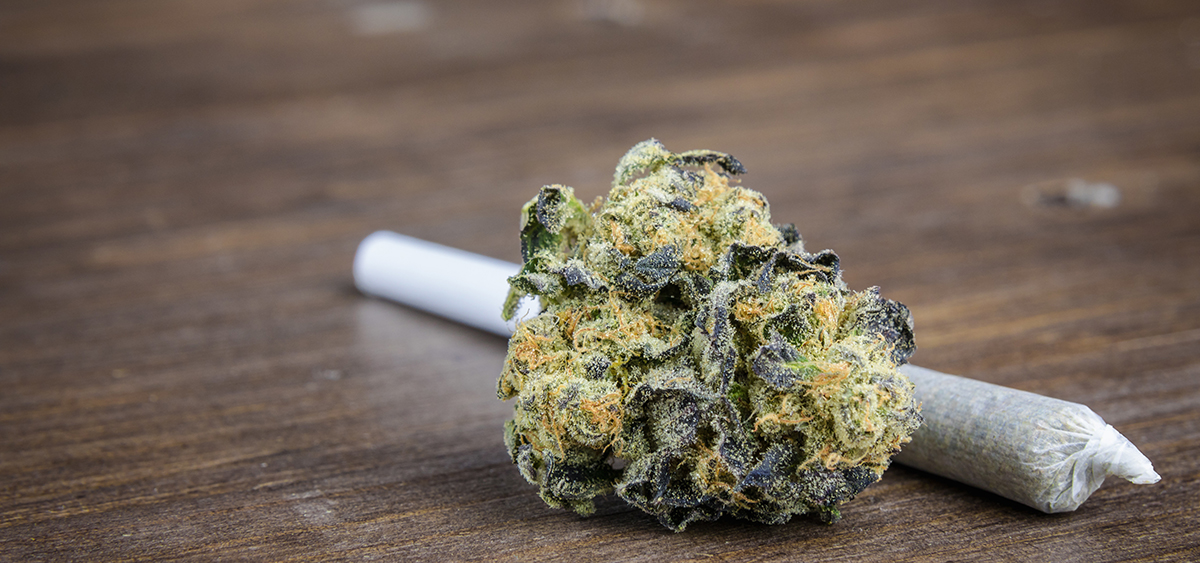In preliminary U.S. Food and Drug Administration guidance on cannabis research released Tuesday, clinical researchers would be allowed to use any cannabis from any source in studies so long as it’s classified as industrial hemp (contains less than 0.3 percent THC). Researchers seeking cannabis over the hemp threshold would still need to obtain it from the National Institute on Drug Abuse Drug Supply Program grown at the University of Mississippi at the National Center for Natural Products Research.
The proposed rules hold cannabis “to the same regulatory standards as any other botanical raw material, botanical drug substance, or botanical drug product” and researchers are expected to “provide quantitative data regarding phytochemicals that are present in their proposed product, including but not limited to, cannabinoids, terpenes, and flavonoids.”
FDA Principal Deputy Commissioner Amy Abernethy said it is “critical” that the agency does what it can “to support the science needed to develop new drugs from cannabis.”
“The FDA believes the drug approval process represents the best way to ensure that safe and effective new medicines, including any drugs that contain cannabis or cannabis-derived compounds, are available to patients in need of appropriate medical therapy. The agency is committed to supporting the development of these new drugs through the investigational new drug, drug review and drug approval processes – and one key element of this support involves development of guidance, like this one.” – Abernathy in a statement
The guidance doesn’t provide any clarification on the FDA’s CBD policies or proposals but warns that the compound is “expressed disproportionately in humans compared to animals.”
“While disproportionate metabolism is not limited to botanical products, FDA would like to make stakeholders aware that this is a known issue with certain cannabinoids,” the guidance states.
The non-binding document also outlines processes for using liquids, capsules, and other delivery systems in drug trials, which mirror the agency’s already existing policies for other botanical drugs.
The FDA is currently sourcing public comments for the proposed regulations.
Medical Disclaimer:
The information provided in these blog posts is intended for general informational and educational purposes only. It is not a substitute for professional medical advice, diagnosis, or treatment. Always seek the advice of your physician or other qualified healthcare provider with any questions you may have regarding a medical condition. The use of any information provided in these blog posts is solely at your own risk. The authors and the website do not recommend or endorse any specific products, treatments, or procedures mentioned. Reliance on any information in these blog posts is solely at your own discretion.






